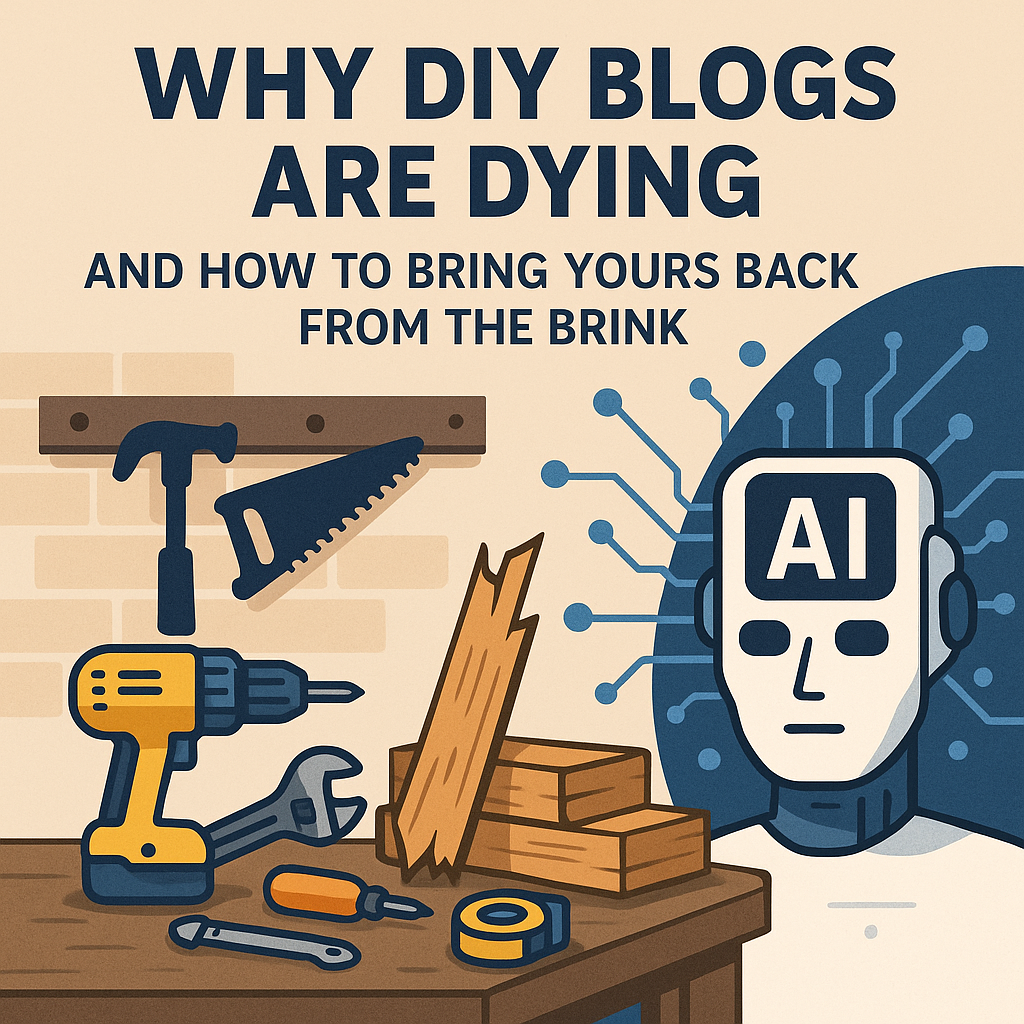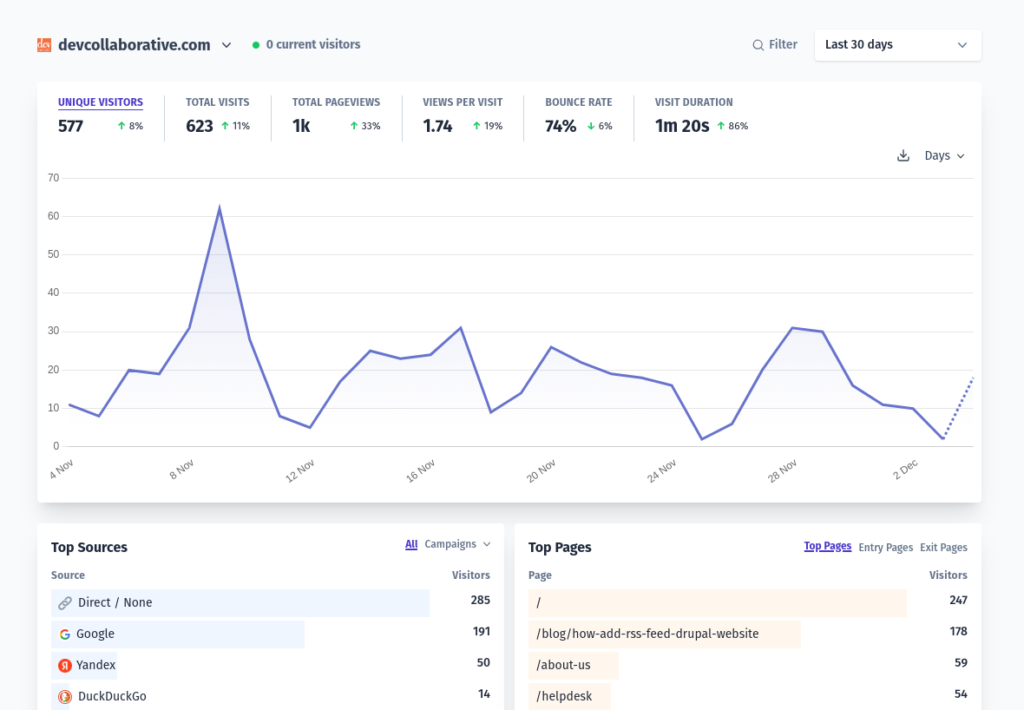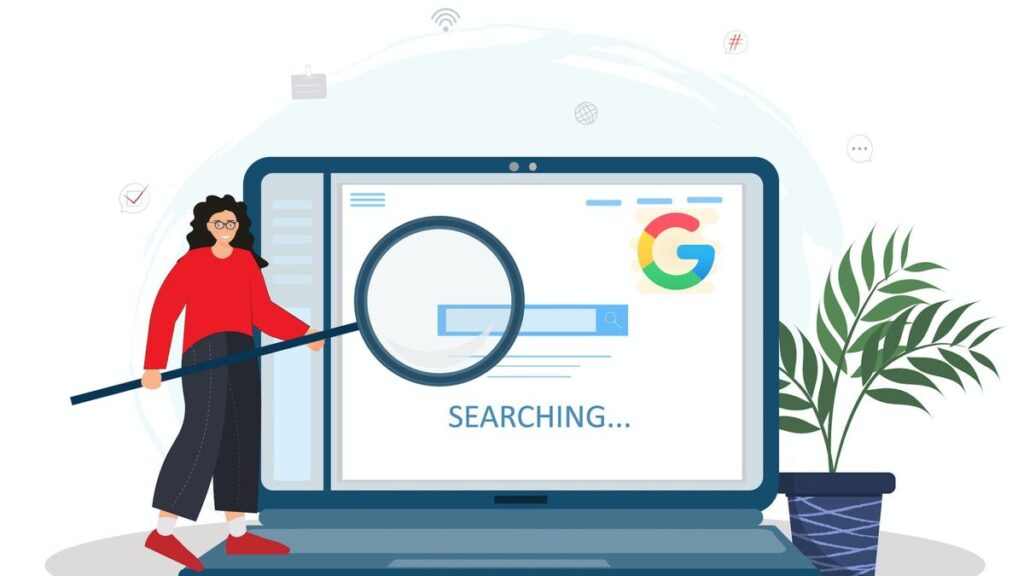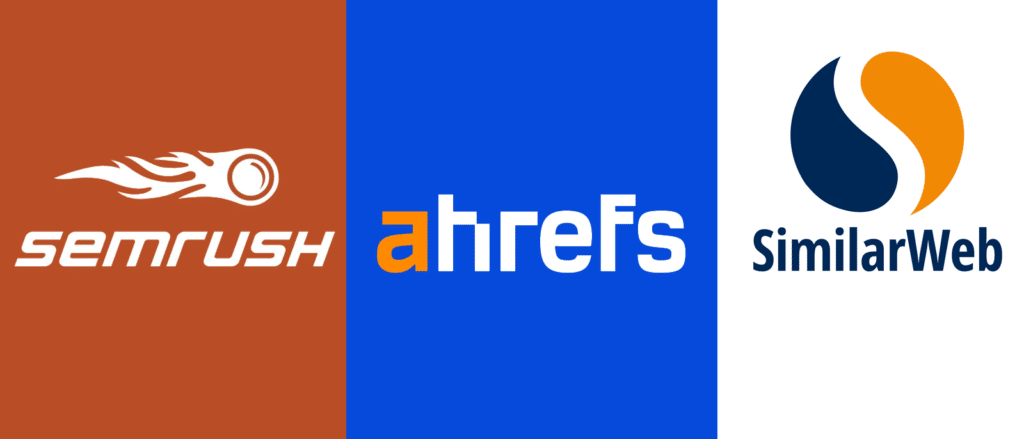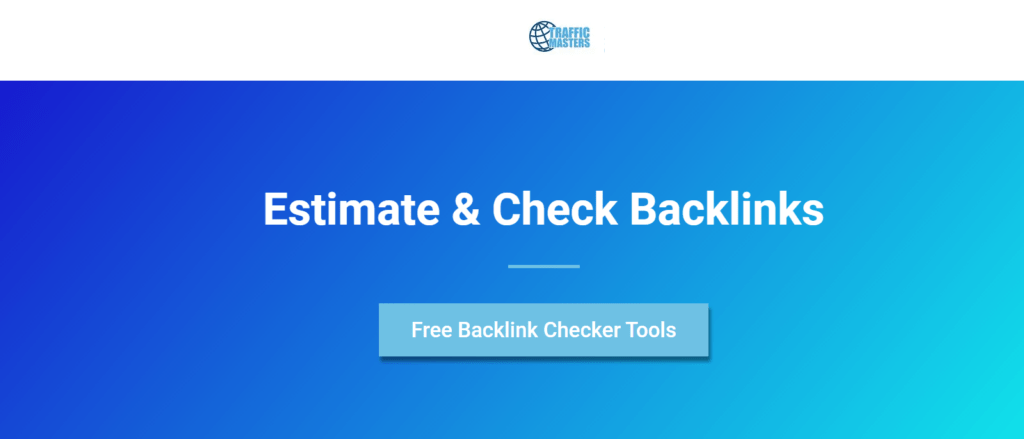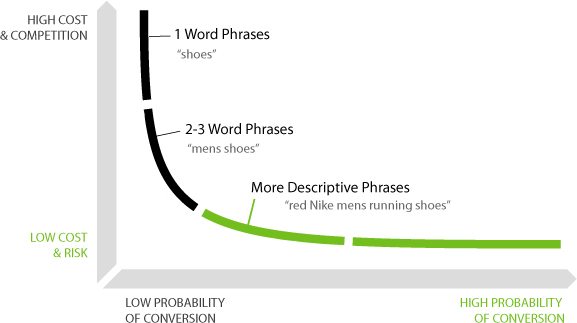Blog

Recipe Bloggers: How to Survive When Google Cooks Your Traffic
Since Google’s AI Overviews rolled out in March 2024, food bloggers have seen traffic plummet—many reporting 60–65% drops across previously…
Why DIY Blogs Are Dying — And How to Bring Yours Back From the Brink
In March 2024, Google rolled out AI Overviews across most U.S. search queries. For many DIY and home improvement blogs,…
Top 3 Google Analytics Alternatives (And the One We Actually Use)
Google Analytics has been the go-to for years, but let’s be real—GA4 threw a lot of us for a loop.…
Are Rank Trackers Still Worth a Dime in the AI Search Era?
Oh boy, the search world has flipped on its head with AI messing with everything on Google. Remember when a…
Google’s Throne Shaken: How AI is Redefining Search
For over a decade, Google has been the undisputed leader in the search engine market, holding over 90% of the…
Unlock Semrush Free Trial Now: Limited Time Offer
Semrush Free Trial: Activate Now (April 2024) Key Highlights Semrush offers a 14-day free trial of its Pro and Guru…
Best Website Traffic Checker Tools for SEO Experts
Website Traffic Checker: A Tool to Check & Analyze Key Highlights A website traffic checker tool is essential for website…
Best SEMrush Alternatives for 2025: Free & Paid Options
Free & Paid SEMrush Alternatives for 2025 In the ever-changing world of digital marketing, it's essential to keep up with…
How to Drive Traffic to Your Website
One of the biggest challenges blog owners, marketers and webmasters face is trying to attract more visitors to their website.…
Adult SEO Tips to Improve Traffic To Your Adult Website
Finding it hard to drive traffic to your adult website? You are not alone. Adult SEO (search engine optimization) is…
Buying Traffic Reviews
Traffic-Masters.net About Founded in 2008 - Traffic Masters (that's us by the way!) we started of as a simple pop…
Free Backlink Checker Tool – Estimate & Check Backlinks
Learn how to use these backlink checker platforms to estimate how many links a website gets and which domains are…
COVID-19 Web Traffic Statistics
The impact of COVID19 on bandwidth usages is particularly noticeable when it comes to video streaming. Traditionally video streaming on…
20 Mobile Traffic Statistics & Facts
Looking for facts and statistics for mobile traffic? What Percentage of Internet Traffic Is Mobile in 2020? Below is a…
Easy Guide To Remarketing
Has it ever seemed as though Google can read your mind? One minute, you're shopping online for a new pair…
Organic Traffic vs Inorganic Traffic
Trying to increase your organic traffic but not sure what it means? You're not alone. It doesn't matter if you're…
Why You Should Use Visuals in Your Digital Ads
This this guide we will cover why you should be paying close attention to your digital advertisement visuals. Digital Marketing…
Content Hacks to Help Drive Traffic to Your Website
Have you checked how much web traffic you get? Not enough traffic means low visibility and this leads to low…
8 Ways to Skip SEO and Still Promote Your Website
Is website traffic becoming an issue? Every online company needs to have strong web traffic to maintain success. But doing…
How to Create Sharable Content that Will Drive Website Traffic
It's official. You keep hearing the phrase "content is king" but how do you get there? Where do you start?…
How To Use Longtail Keywords To Get More Web Traffic
How do you improve your ranking? Well, that in effect, is what a good search engine optimization strategy is all…


